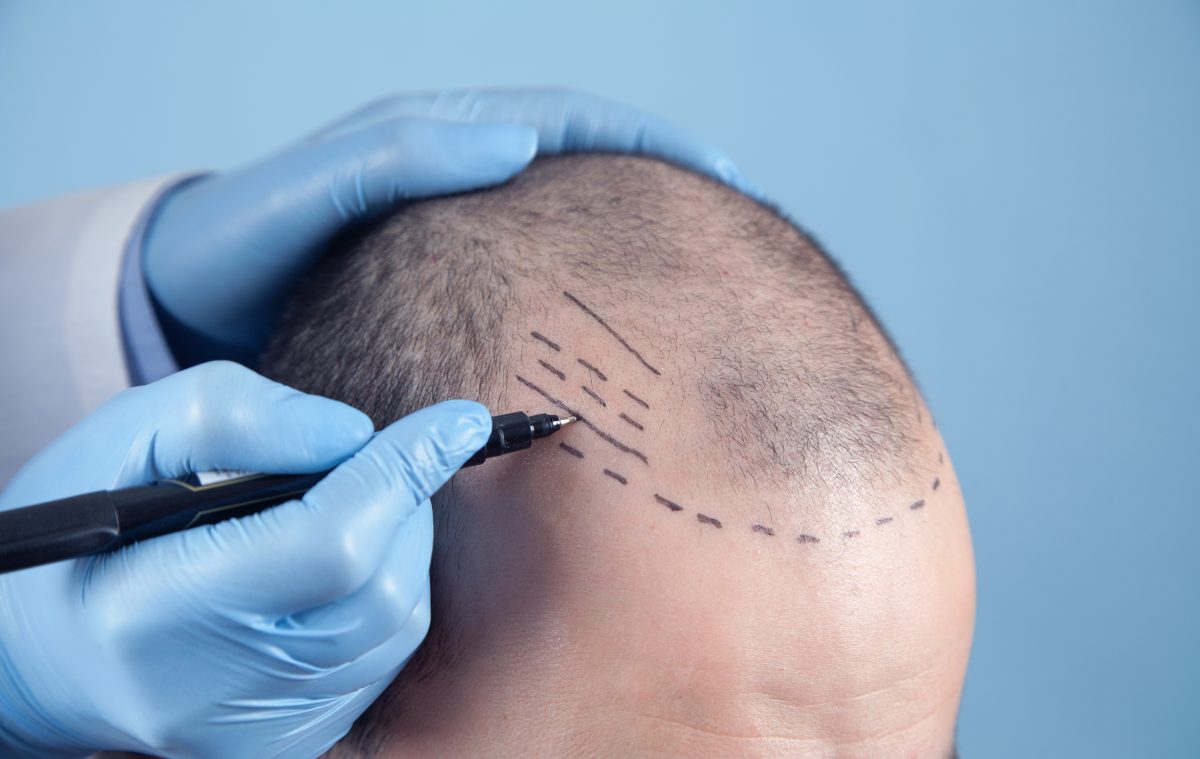Is a Hair Transplant permanent?
Hair loss can be a frustrating and confidence-damaging experience, but hair transplant surgery has become a popular solution for those looking to regain a fuller head of hair. One common question that patients have is whether a hair transplant is a permanent solution to hair loss. In this blog post, we’ll explore the answer to this question in detail.
Hair transplant surgery involves the transfer of hair follicles from a donor site, usually the back or sides of the scalp, to the recipient site, where hair loss has occurred. The transplanted hair follicles are genetically resistant to balding and are therefore expected to continue growing hair in the recipient area.
It’s important to note that hair transplant surgery does not create new hair follicles but instead redistributes existing follicles to the areas of the scalp where hair loss has occurred. As a result, the hair transplanted from the donor area will continue to grow in the recipient area, just as it would in the donor area.
Therefore, a hair transplant can be considered a permanent solution to hair loss in the transplanted area. However, it’s important to note that hair loss can still occur in other areas of the scalp that have not been transplanted.
One of the most significant factors that can affect the longevity of a hair transplant is the patient’s age. As a patient ages, they may experience natural hair thinning and balding, which can affect the transplanted hair. Patients may require additional hair transplant procedures to maintain their desired hair density over time.
Other factors that can affect the longevity of a hair transplant include smoking, stress, and a lack of proper hair care. Patients who smoke or are under high levels of stress may experience slower hair growth or thinner hair.
Similarly, patients who do not care for their hair correctly, such as washing it too often or using harsh products, may experience damage to the hair follicles, which can lead to hair loss.
In conclusion, a hair transplant can be a permanent solution to hair loss in the transplanted area. The transplanted hair follicles are genetically resistant to balding and are therefore expected to continue growing hair in the recipient area. However, hair loss can still occur in other areas of the scalp that have not been transplanted, and factors such as age, smoking, stress, and hair care can affect the longevity of a hair transplant.
Patients should discuss their expectations and concerns with their hair transplant surgeon to ensure that they understand the potential outcomes of the procedure.
If you’d like to see a video of our clinic, you can do so here.












